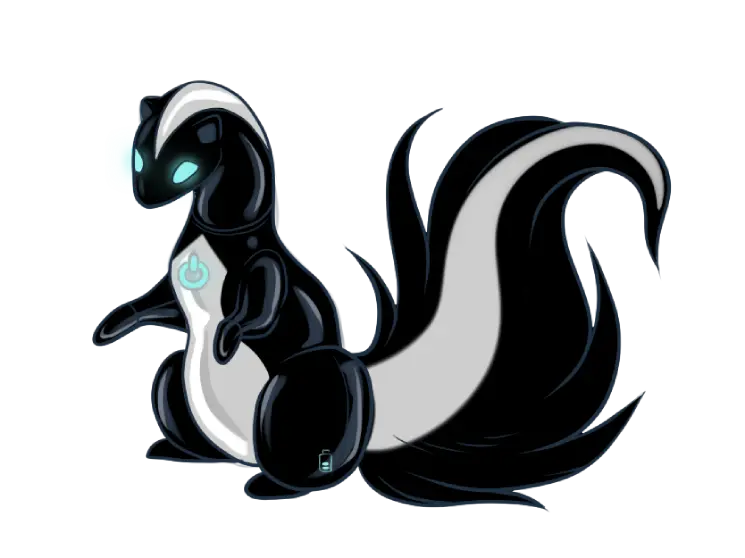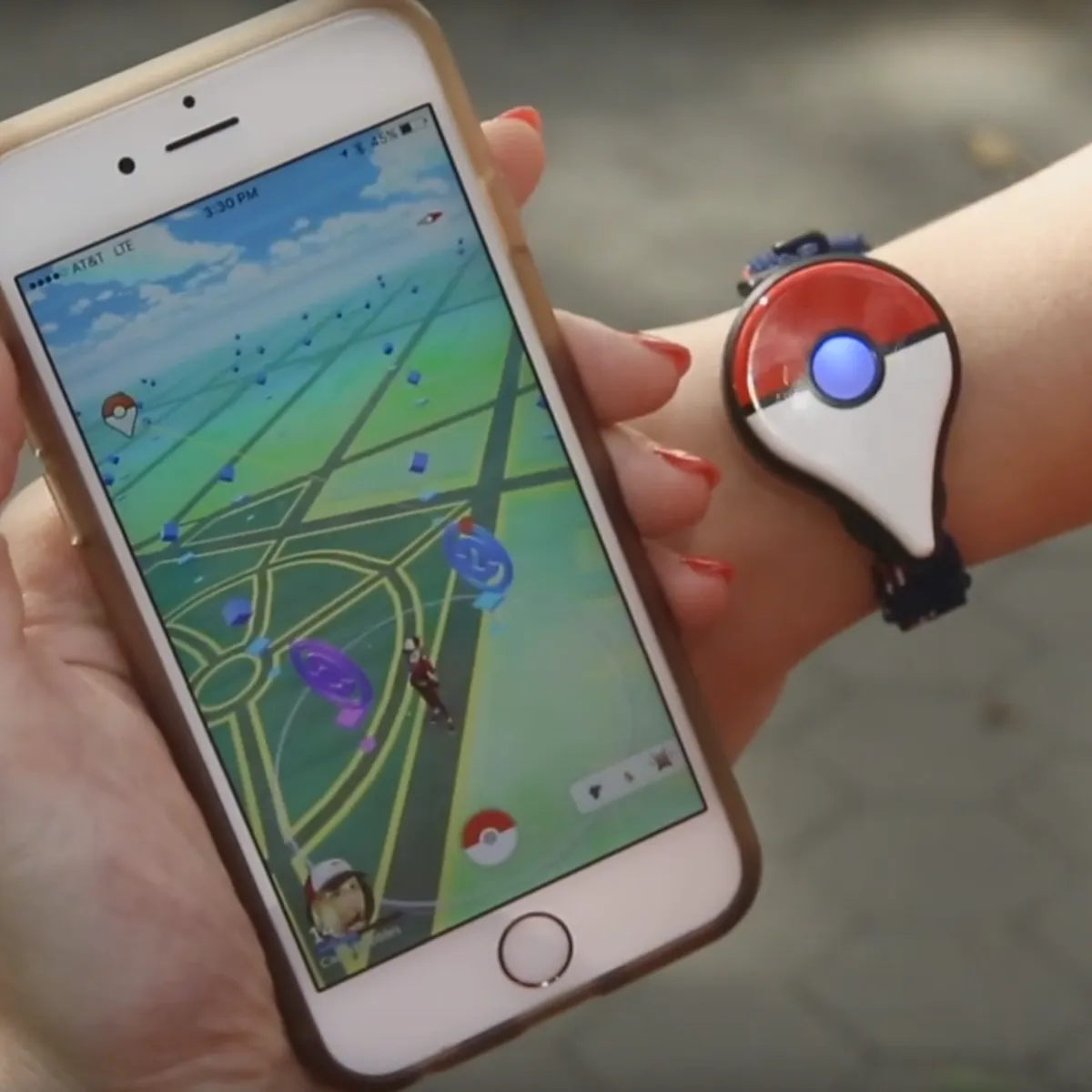AI Search has made me more human
Natural language is hard!

This whole shebang about AI and AI-enhanced products has led me to one of the products that have become part of my daily usage: Perplexity.AI. It’s a search engine where you ask questions and it gets your answers from the internet.
Let me take you back a couple of decades before we go back to it.
I once won an internet search competition award. Yes, that was a thing.
When the internet was still kind of new to the population, and search engines were not as great and intelligent as Google is today, finding a particular piece of information required a certain skill set. That was something quite new at the time, but today those skills are probably things that most people know: using the right keywords, finding results that are authoritative and relevant, reading and finding the specific piece of knowledge that you want to acquire, being done with your search.
At the time, I was around 15 and I had these skills because I spent most of my nights trying out new things on the internet. I was learning how things worked and even developing some things myself. (Yes, I know. “Neeeerrd!”)
Those skills stuck with me and I think I’ve used them constantly throughout my personal and professional life.
Kids these days
Then came ChatGPT and I’ve already heard complaints of the sort of “kids these days only ask ChatGPT and are done with it”. I’m not a fan of that line of criticism – it reminds me too much of the “you won’t have a calculator by your side all the time!” line of thought. Yes, we did get a calculator on us all the time, and kids these days will likely have an intelligent assistant by their side too. After all, if it gets them to the right result, then what’s the problem?
The problem is that ChatGPT, Claude, Gemini (Bard), and friends, don’t always get you to the right result. They hallucinate a lot, meaning that they produce fake responses. There’s a race right now to see who of them can get to consume most of the web to produce very eloquent and yet accurate results.
Now we go back to Perplexity – they have done exactly that.
And getting used to Perplexity showed me that I don’t need to use all of those skills anymore. I don’t search, I don’t curate results, I don’t skim through content.
But it has also brought to light another skill that I haven’t quite developed yet: the ability to properly put into words the specific fact that you want to know. You know, like when talking to people?
That skill is a big deal. Once the complexities of the search and curation are irrelevant, the knowledge acquisition mechanism becomes one level more abstract. I have been focusing too much on how I get the information, but not so much on transmitting it into proper, functional English which specific concept I lack.
An example
Let’s illustrate this with a quick example. I have an old Pokèmon Go Plus device that I used to play. Whenever it has issues I need to reset its Bluetooth connection and set it up from scratch. It probably happens once a year, and by that time, I have already forgotten how to do it.

My process would be:
- Search for relevant keywords: “pokemon go plus bluetooth reset”
- Search between the results’ authoritative sources: probably some sites from Niantic (the developers), trying to avoid community forums and instead go to the official support site.
- Reading their help page to find the exact procedure.
My process with AI search now is:
- Search for the specific thing I want to know: “How do I reset my Pokemon Go Plus Bluetooth pairing?”
I cringe at this question. Not because it’s wrong, but because I have been training myself to automatically discard irrelevant terms.
- “How do I” – irrelevant for searching
- “my” – irrelevant
- “pairing” – can probably be derived from Bluetooth
I’m sure Perplexity would still get it right, but sometimes, that difference is huge, because the question now also carries an intention with it, which can derive different results. After all, Perplexity is doing the content curation and analysis on my behalf.
More human
Back to me and my interaction with the tools, they have now become a bit more human. I don’t enter search terms, I ask questions. I don’t read results, I get answers. I don’t curate, I trust (up to a certain degree!). In some sorts, AI search is forcing me to interact with computers more humanly.
Intelligent programs have forced me to become more human.
And that’s a weird thought I haven’t been able to shake off.
